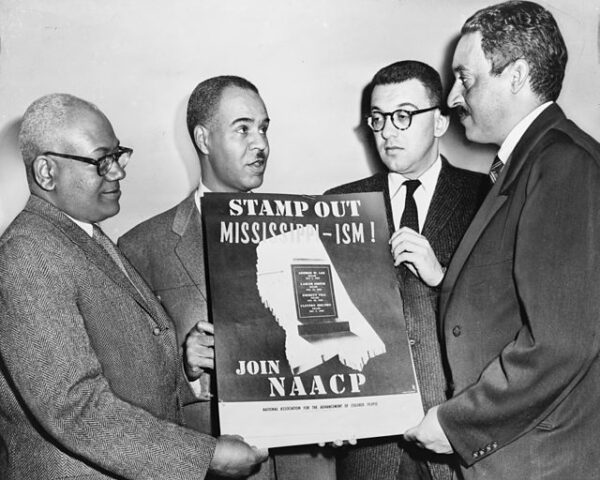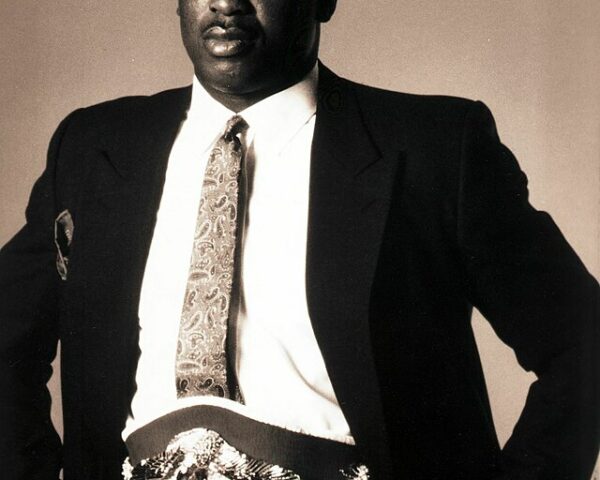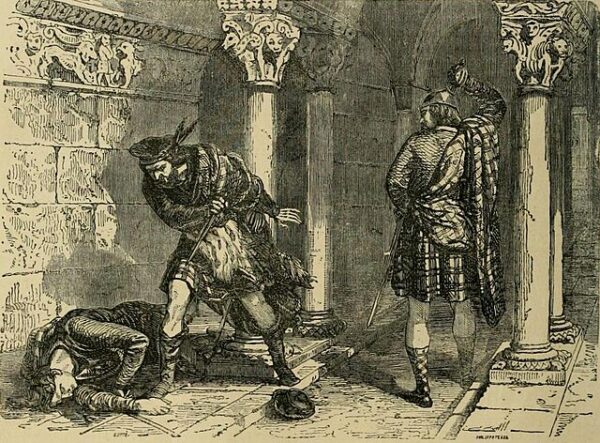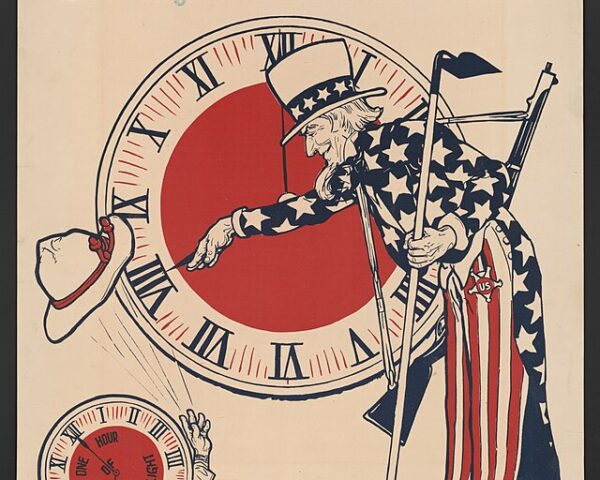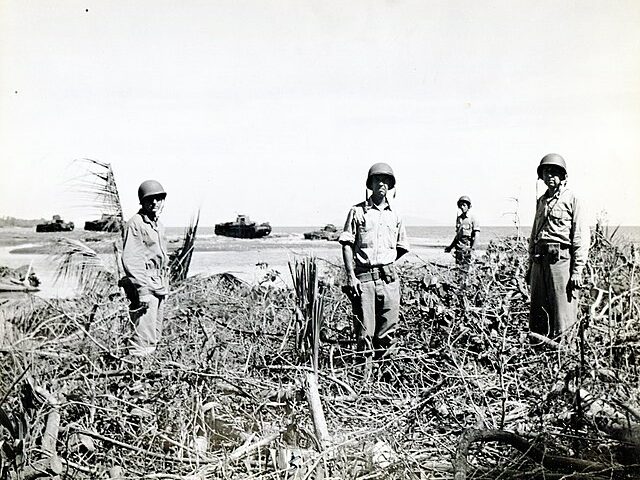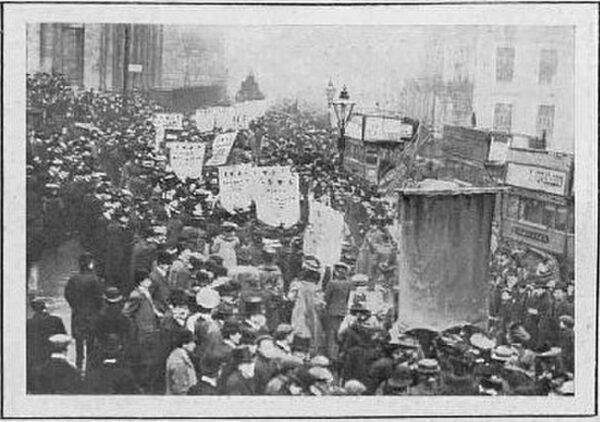On February 12, 1909—coinciding with the centennial of Abraham Lincoln’s birth—a small but determined coalition of Black and white reformers gathered in New York City to launch what would become one of the most consequential civil rights organizations in American history: the National Association…
Read MoreOn February 12, 1999, the United States Senate acquitted President Bill Clinton of impeachment charges, bringing an end to a highly contentious political and legal battle that had gripped the nation for over a year. Clinton, the 42nd president of the United States, had…
Read MoreOn February 11, 1979, the Iranian state collapsed—not gradually, not through constitutional maneuvering, but in a sudden, cascading failure that left one of the Middle East’s most powerful monarchies dissolved almost overnight. That day, revolutionary forces seized key military installations in Tehran, senior officers…
Read MoreThe story is could be straight out of the movie Rocky as one of the greatest sports upsets of all time. On February 11, 1990, Buster Douglas took on Mike Tyson in Tokyo, Japan. Douglas, the challenger, was a monumental 42-1 underdog, facing the undefeated…
Read MoreOn February 10, 1306, a killing inside a church in the Scottish border town of Dumfries turned a long, faltering resistance into an open revolution. Before the high altar of Greyfriars Church, Robert the Bruce struck down his political rival John Comyn. In medieval…
Read MoreOn February 10, 1996, the world of chess witnessed a historic encounter between Garry Kasparov, the reigning World Chess Champion, and Deep Blue, a chess-playing computer developed by IBM. This match marked the first time a reigning world champion faced a computer under standard…
Read MoreOn February 9, 1942, the United States did something that would have seemed mildly absurd just a few years earlier: it reset the nation’s clocks—permanently, at least for the duration of the war. With the country barely two months removed from Pearl Harbor, Congress…
Read MoreOn February 9, 1943, the war in the Pacific finally turned. The Battle of Guadalcanal, a pivotal conflict in the Pacific theater of World War II, unfolded for nearly seven months before the Allies finally prevailed. It marked a turning point in the war…
Read MoreThe Mud March of February 9, 1907, was the first large-scale demonstration organized by the National Union of Women’s Suffrage Societies (NUWSS) and marked a crucial moment in the fight for women’s voting rights in Britain. While not the first suffrage protest, its unprecedented…
Read MoreOn February 8, 1601, one of the most striking political implosions of Elizabethan England played out in the streets of London. Robert Devereux, 2nd Earl of Essex, once the favored courtier of Queen Elizabeth I, launched a brief and badly miscalculated rebellion that collapsed…
Read More

